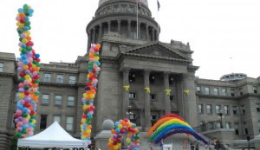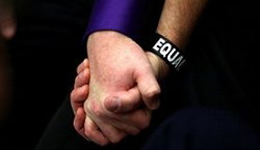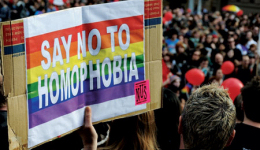Children Outside Gender Norms At Higher Risk For Abuse; Mental Problems
February 22, 2012 Leave a comment
Two recent studies show that children who display characteristics outside of gender norms or who identify as transgender are more likely to be abused and/or attempt suicide than those who don’t thanks to stereotypes and other factors.
According to The USA Today, a study published online Monday in Pediatrics by the Harvard School of Public Health, children who display non-conforming characteristics before the age of 11 ,”on average, are more likely to experience physical, psychological and sexual abuse and experience post-traumatic stress disorder by early adulthood.”
“Non-conforming girls were at 60% greater risk for sexual abuse than conforming girls, but non-conforming boys were at nearly three times greater risk compared with conforming boys,” reports the paper.
Lead study author Andrea Roberts tells the USA Today,”85% of gender-non-conforming children in the study were heterosexual in adulthood. In childhood, however, those who were not “extremely typical in their gender expression” faced “harmful discrimination and intolerance that has a lasting impact.”
Meanwhile, The Advocate reports in a separate study conducted by the Endocrine Division at Children’s Hospital Boston that “young people who can’t reconcile their gender identity with their physical bodies had high rates of psychiatric complications, especially if they aren’t guided by health professionals.”
“The Children’s Hospital study looked at 97 patients and found 20% self-harmed, while 37% were on psychiatric medications,” reports the magazine.
Discrimination, the lack of insurance coverage for hormones and transgender procedures, “as well as the disconnect between gender identity and the physical self,” are all contributing factors.
According to a 2010 study performed by the National Center for Transgender Equality and The National Gay and Lesbian Task Force, 41 percent of transgender people have attempted suicide at least once in their lives.








